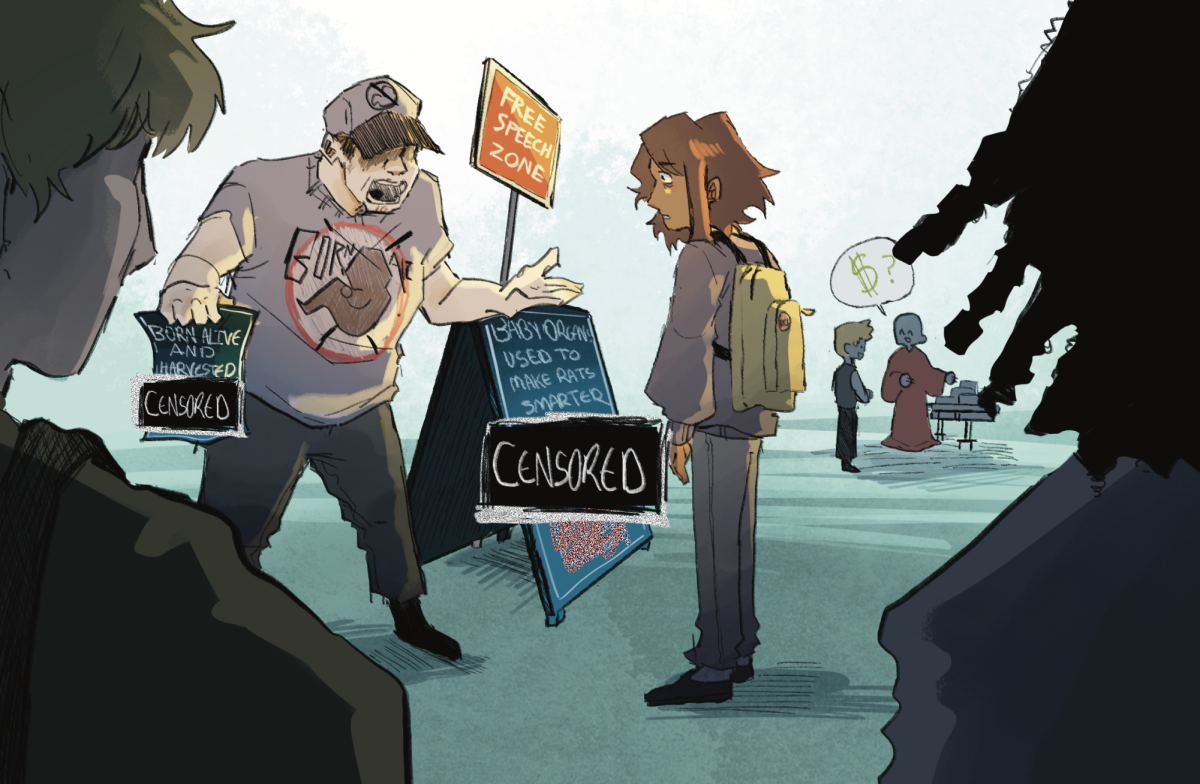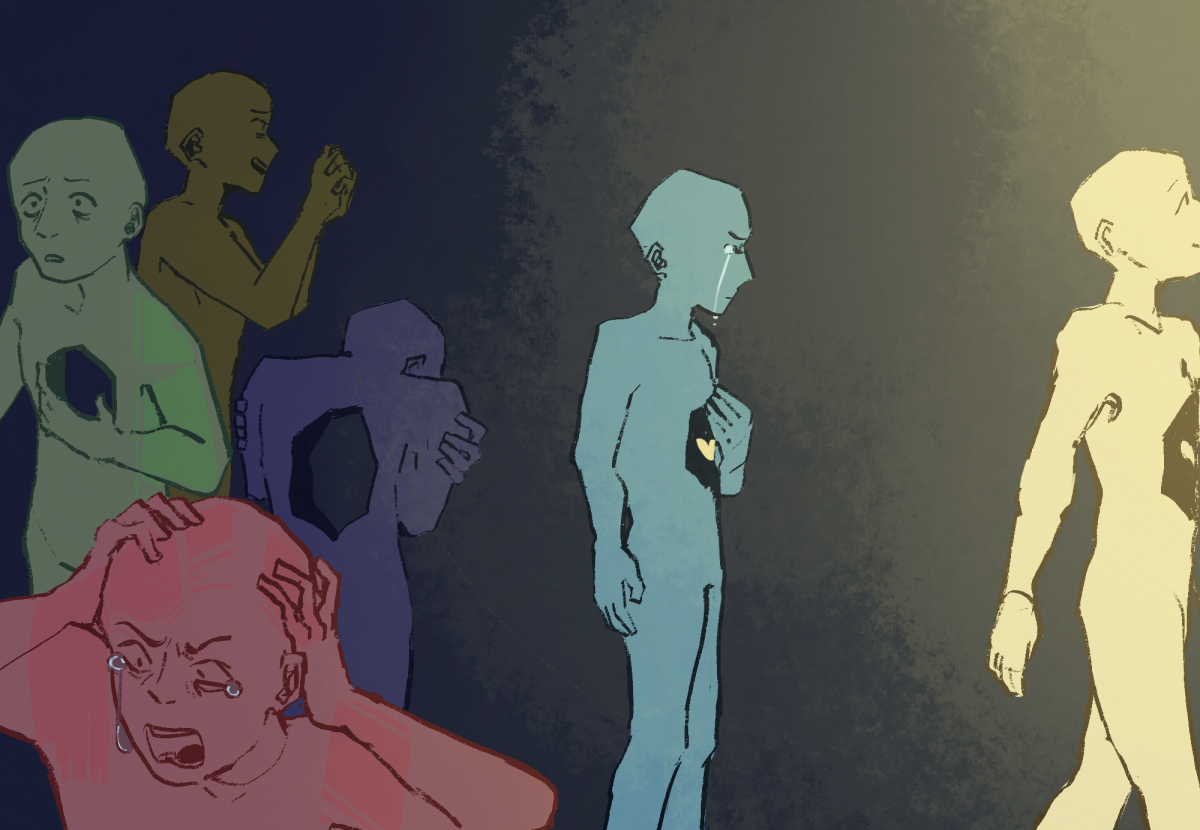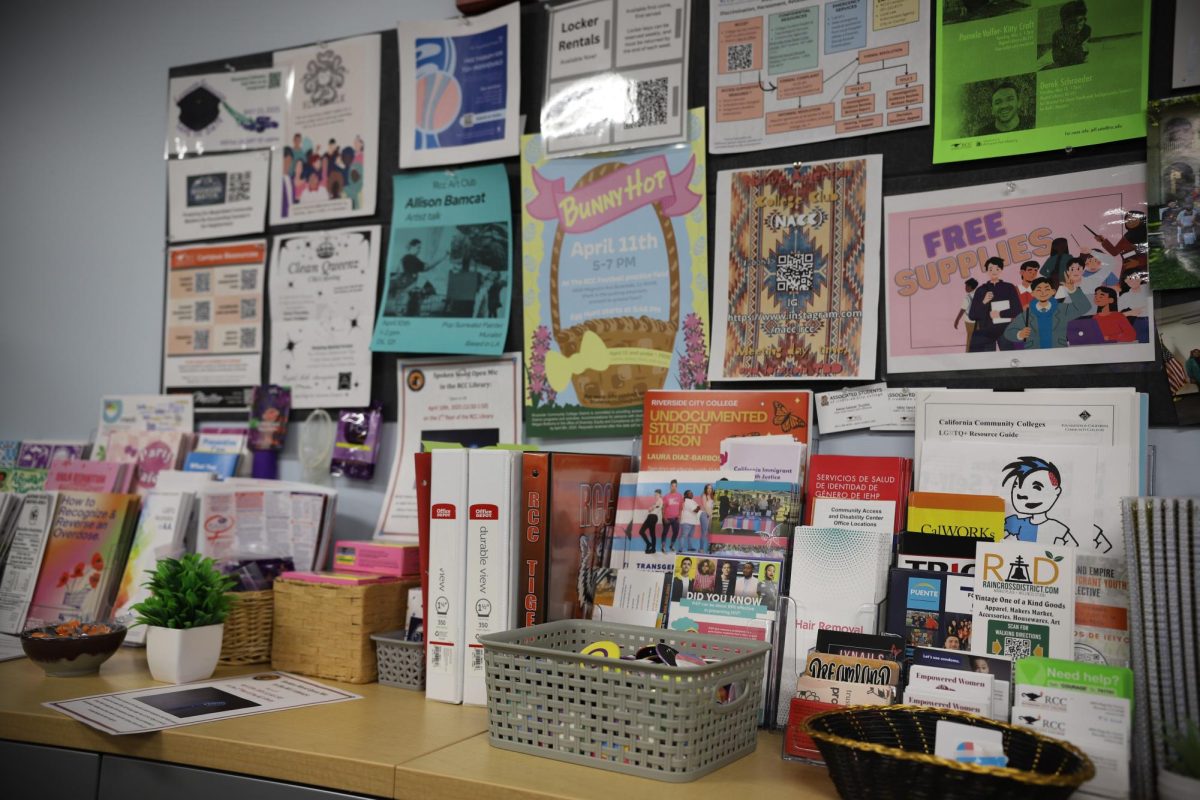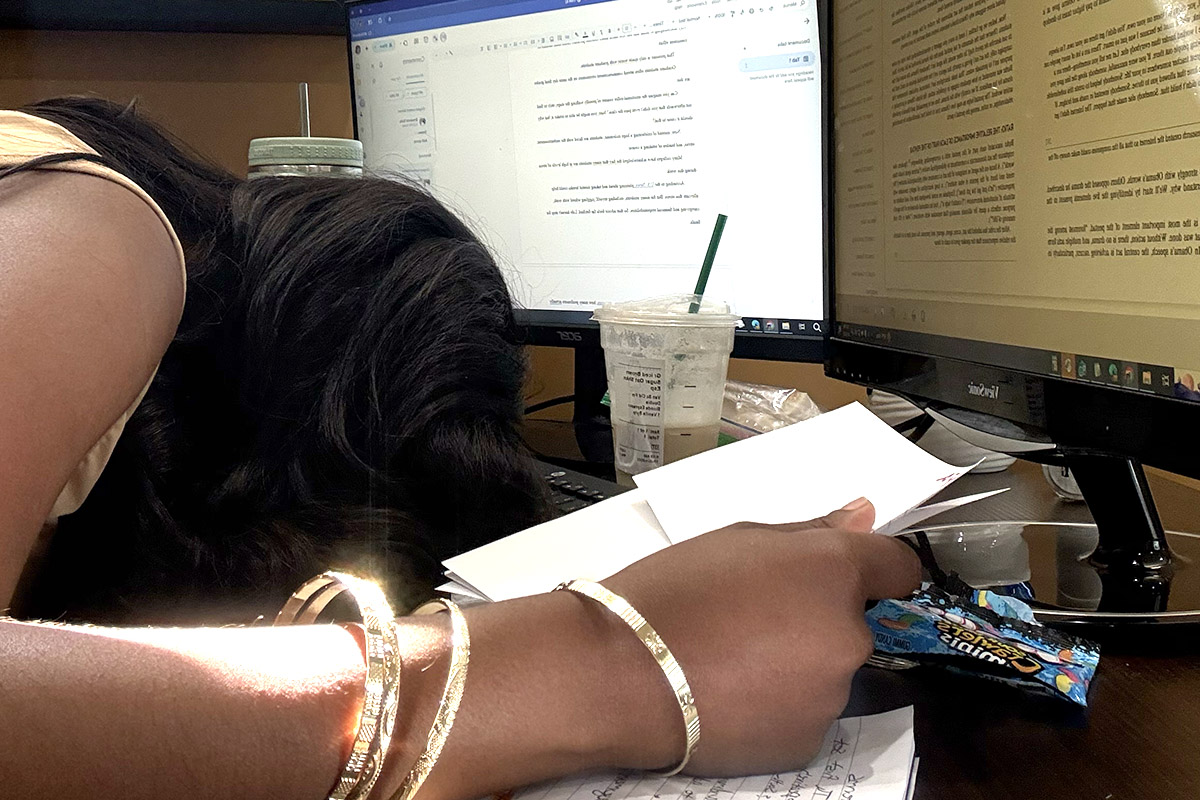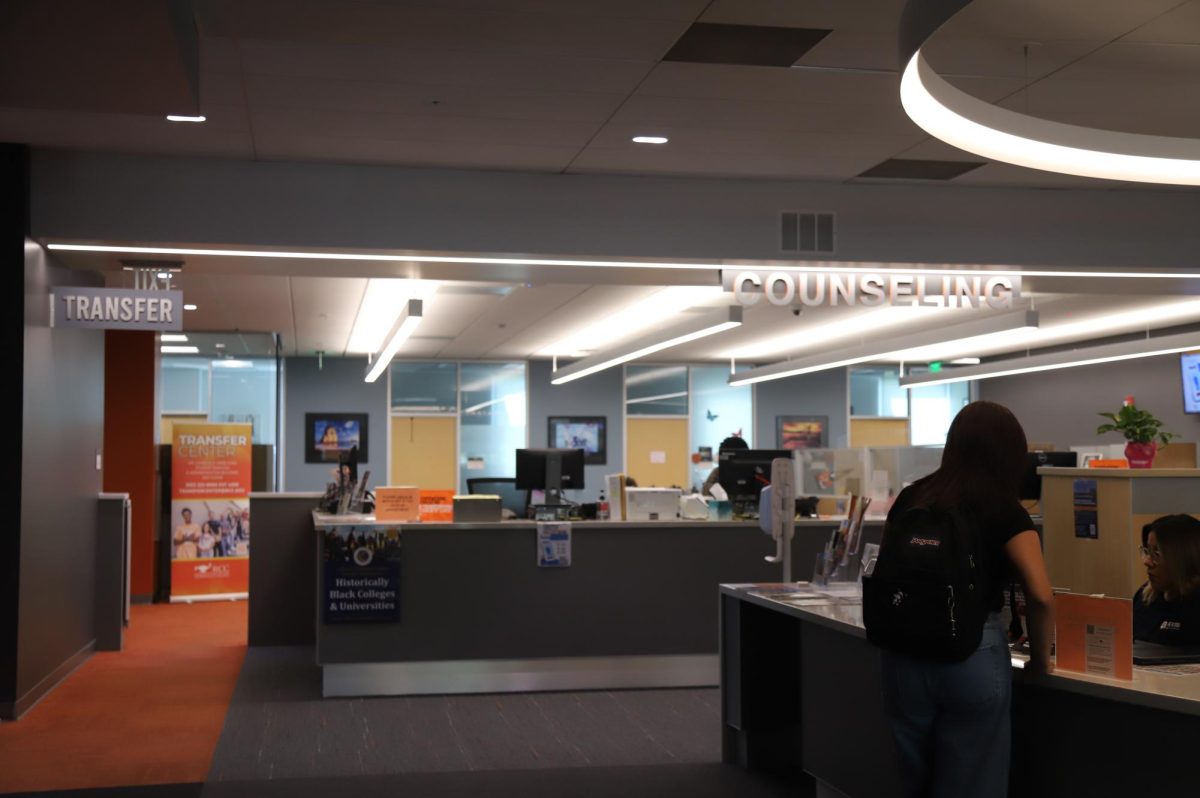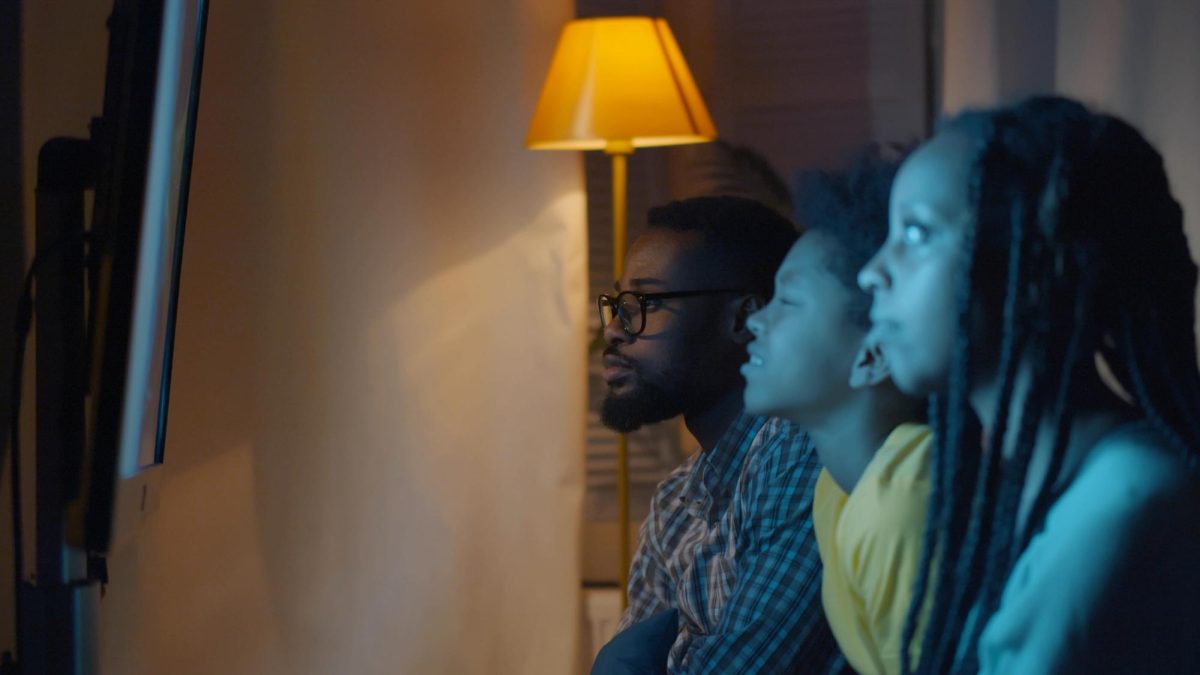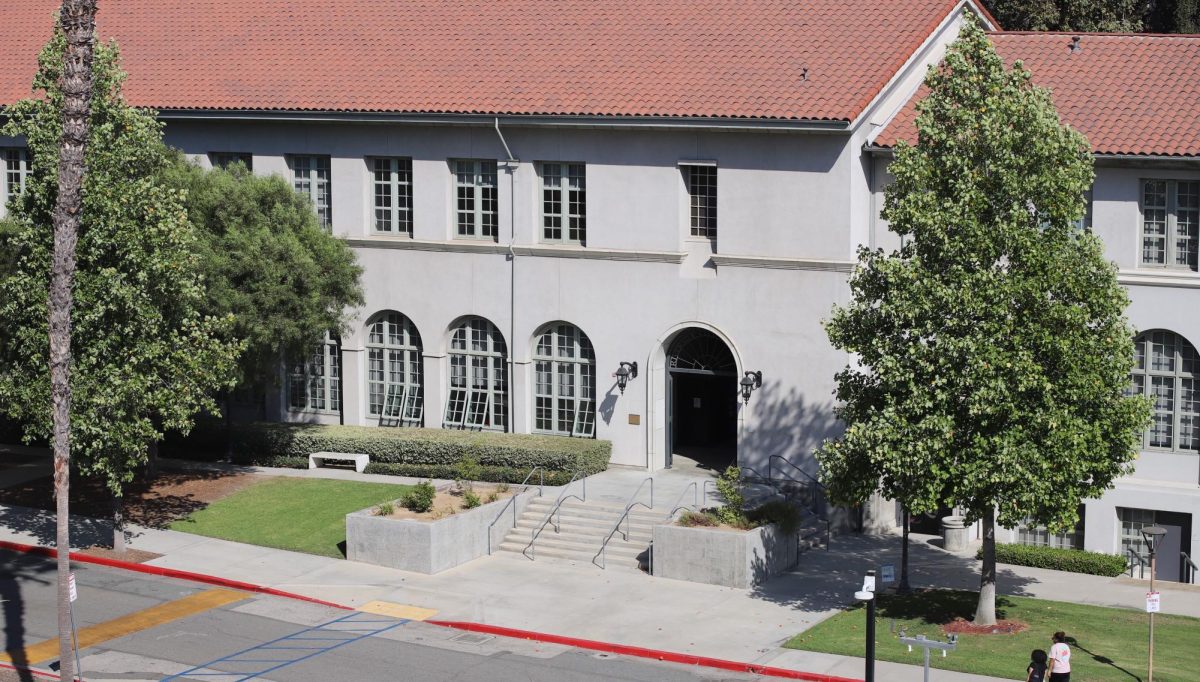By Staff Editorial
By Staff Editorial
A new pilot program through Riverside Transit Agency will be making Riverside Community College District students’ parking worries a little lighter and leaving their wallets a little heavier.
One of the worst feelings on the first day of class, or on any day for that matter, is realizing that giving yourself an hour still isn’t enough time to find a parking spot and make it to class on time.
Even with the new structure, finding a spot in a hurry is unrealistic. Students usually resort to stalking some unsuspecting pedestrian in our car just to realize that they’re going back to get more books.
This program, “Go Pass,” seems awesome even for someone that is lucky enough to live down the street from school. Not only do RCCD students with college ID cards get to ride the RTA bus for free to and from school, they can ride any time during the day or week as well.
Edward Bush, vice president of student services at RCCD, said “There’s been talk with RCCD ever since UCR entered into their U-Pass program with RTA.” It’s very similar to UC Riverside’s “U-Pass” program that started back in 2006, a program that allows UCR students to ride with RTA for free. Now students will be able to spend their money on something other than transportation.
With gas prices as insanely high as they are right now, its nice students can get a break. Students will also save precious time not circling the parking lot like a shark looking for prey, and will save money by not having to buy a parking pass. Bush says that “the timing of it works out perfectly,” as far as gas prices are concerned.
Jorge Flores, student and member of Transportation Now, said “all of our students are commuters. Not one student lives on campus.” RCCD students don’t have the option of living on campus, and according to Flores, the average cost of transportation for a full time student is $1,400 per semester. That’s a lot of pocket change.
Not only is this great for students wanting to save time, money, and miles on their car, it’s also perfect for students who struggle to find transportation to and from school and for students who already ride the bus to school, saving them the $43 a month they would have spent on an RTA buss pass.
The effect on the environment is another positive aspect of students being able to ride the bus for free. Everywhere you turn, there’s talk of global warming and the push to go green. Flores says that “the buses are powered by natural gas…each bus has the potential to remove 40 cars off the street.”
If Go Pass is successful there’s a chance it will become permanent, but in the words of Bret Michaels, “every rose has its thorn.” There’s a chance students will pay for it in the end if it does stick around.
There are several potential outcomes of Go Pass. After the first year all, the data will be taken into account and then possibly taken to legislators to become a law. This might allow colleges to fund the program with money that is tied up in other things, or it will potentially be paid for through student fees.
But there are many options if it gets that far and it all depends on the success of this new program.
“The main goal is to have this program for a second year…and then many, many years after that,” Flores said.
For a related NEWS story, click here!



